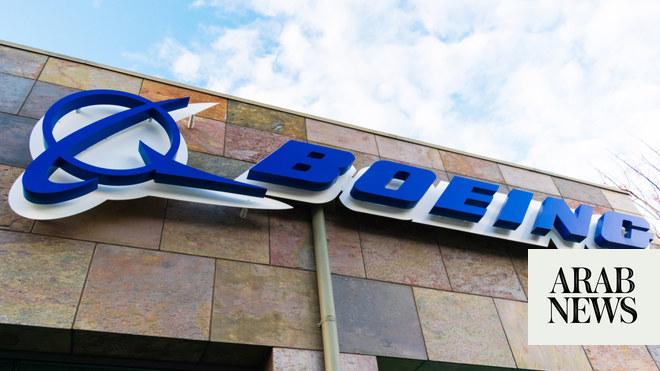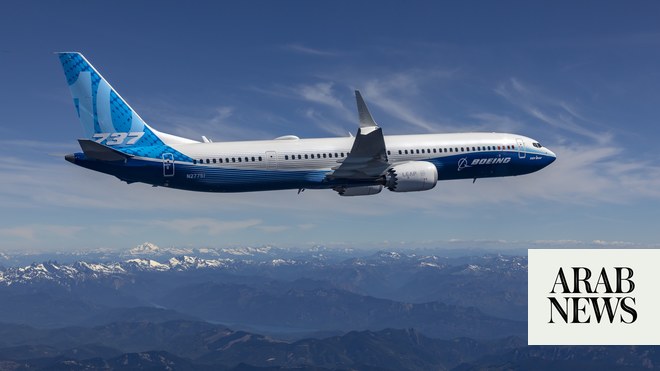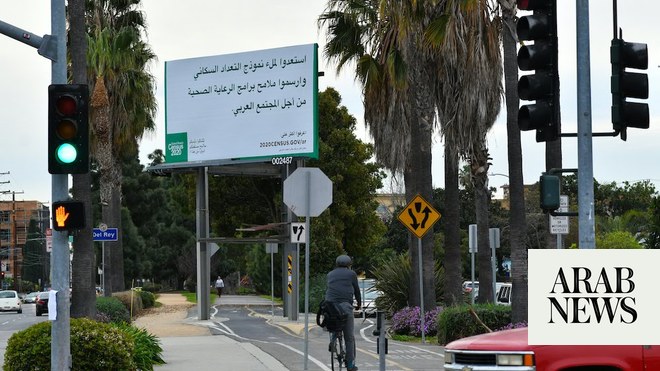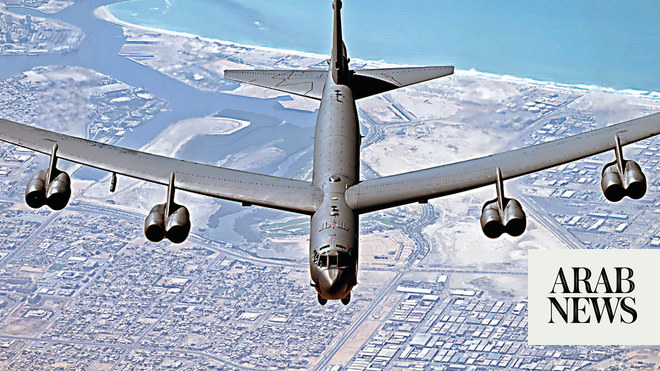
RIYADH: Boeing anticipates a demand for 3,000 new aircraft in the Middle East by 2042, signifying the region’s growth in the aviation sector.
During a media briefing ahead on Nov. 12, ahead of Dubai Airshow 2023, President of Boeing Brendan Nelson restated the company’s commitment to supporting the industry in Saudi Arabia, the UAE, and neighboring nations.
Boeing holds a significant position in the operations of the Kingdom’s flagship carrier, Riyadh Air ,as in March, the airline ordered a fleet of 72 787 Dreamliners, with the inaugural flight scheduled for 2025.
The aviation firm plans to work closely with regional governments, focusing on manufacturing aircraft parts, research and development, and professional training to contribute to the sector’s growth.
According to Khaleej Times, Nelson said: “Our vision is to build an ecosystem in the region, invest in R&D (research and development), develop industrial partnerships, and enhance manufacturing capacity in both commercial and defense sectors.”
As part of its expanding regional engagements, Boeing joined forces with the UAE’s leading renewable energy firm Masdar in October to advance the global sustainable aviation fuel industry, aligning with the industry’s goal of achieving net zero emissions by 2050.
According to Boeing’s Commercial Market Outlook forecast, global airlines will need 42,595 new aircraft by 2042, with Middle East-based airlines requiring 3,025 – 45 percent being widebody planes.
These objectives are driven by the rising demand for travel within the region and the emergence of new flight hubs.
Boeing predicts that the global aviation industry will require 2.2 million new personnel by 2042, with the Middle East and Africa contributing 13 percent to meet this demand.
Nelson emphasized the company’s active exploration of additional opportunities in Saudi Arabia and the broader region, where over 3,000 aircraft, 58,000 pilots, and nearly 100,000 crews will be needed in the next two decades.
The demand for airliners is anticipated to remain robust, propelled by the Kingdom’s target of attracting 150 million tourists as part of its economic diversification efforts.
Saudi Arabia’s aviation evolution
Saudi Arabia launched a new aviation policy in October to boost the sector’s performance and attract investments worth $100 billion by 2030.
According to the General Authority of Civil Aviation, the plan will see new regulations for airports, ground services, cargo and air transport services.
This approach supports the privatization of airports, facilitates the procedures for new investors to join the aviation market, and enables airport operators to set wages according to their plans.
The authority will also enable airport operators to diversify their revenues flexibly by increasing revenues from non-navigational services.
In September, Randy Heisey, Boeing’s managing director of commercial marketing in Africa and the Middle East region, told Arab News that the company is working with Saudi airlines to implement advanced aircraft and engine technologies that align with global sustainability goals.












